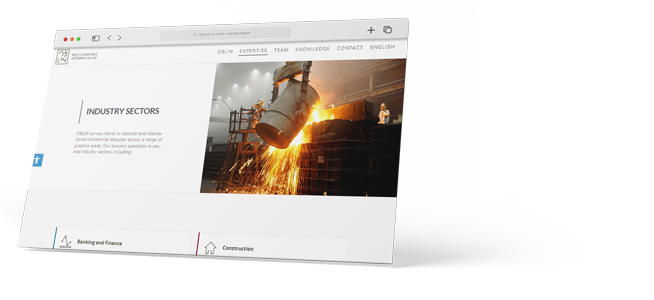
The practice of optimizing online content to improve its visibility and ranking on search engine results pages. The goal is to attract more organic (non-paid) traffic to a website by enhancing its relevance and authority in the eyes of search engines

Search engine optimization (SEO) is the process of improving the quality and quantity of website traffic to a website or a web page from search engines. SEO targets unpaid traffic (“organic” results) rather than direct traffic or paid traffic. Unpaid traffic is everyone’s company’s bread and butter of digital marketing. It may originate from a variety of different kinds of searches, including image, video, academic, news, and industry-specific vertical search.
Search engine optimization is not an art form or pure luck by trying and probing the search engines, to the contrary, there are exact and explicit technical guidelines on obtaining a better ranking for your desired search queries.
While Black Hat methods exist in obtaining better ranking, we at SLASH will only go after White Hat methods pursuing a healthy and organic ranking for your search queries.

Search engine optimization can be categorized in three chapters:
And while it’s not officially a category of SEO, we think that Local SEO should have its unique place in the SEO hierarchy.
Local SEO is for small law firms that depend on walk-in customers, the most important and influential digital marketing channel to pursue. Findability in search engines for your most valuable search queries is vital for the prosperity of your law firm. It makes a huge difference in your customer acquisition in displayed in Google Maps or have a Google Business Page of your own with plenty of positive customer reviews.
We at SLASH assist you in the process in your Local SEO placement and make sure that you have a fighting chance in occupying your space in the Local SEO search rankings.

Compare technical SEO to your yearly car maintenance or your yearly financial audit by an external accounting firm. Technical SEO takes a deeper look at your website’s health status, and its mission is to find technical issues that require your attention to keep up with the SEO guidelines. Technical SEO is not visible to the website visitor. It works behind the scenes focusing on your site structure and mobile and page speed optimization, ultimately affecting your organic search ranking.
On-Page SEO is creating content, continuously optimizing, and promoting it.
Hubspot puts it more simply:
On-Page SEO involves working with your lawyers who write regular newsletters, publications, and guides on various topics. Navigating the content creation process with your in-house team is part of SLASH’s service.

Off-Page SEO is about link building, preferably high-quality links pointing to your law firm’s website. These so-called backlinks tell search engines about the authority of your site. If you have dozens or hundreds of small unknown blogger sites pointing to your site, this has little to no impact and could even have negative ranking effects. However, suppose you receive backlinks from known media houses and educational or governmental institutions. In that case, search engines understand that these backlinks are not given easily and therefore increase your site’s authority. Hence, the more quality backlinks you obtain, the higher you will rank for various keywords in the search engines.
At SLASH, we analyze your competitors, see behind the curtain where they have obtained valuable backlinks, and seek to get them for your law firm. Multiply this by dozens and hundreds of competitor sites, and the chance you will outrank quite a few in the process is very high.
EDU backlinks in legal marketing refer to hyperlinks from educational institutions’ websites pointing to a legal website. “EDU” is a top-level domain extension reserved for educational institutions, such as universities and colleges. Backlinks from these domains are often considered valuable in SEO because search engines may view them as authoritative and trustworthy. In legal marketing, obtaining EDU backlinks can contribute to a law firm’s online reputation, credibility, and search engine ranking, potentially attracting more visitors and clients to the legal website. It’s important to note that the acquisition of backlinks should be ethical, and the content associated with these links should be relevant and high-quality.

HARO, or Help a Reporter Out, is a platform where journalists and reporters seek expert input for their stories. In the context of legal marketing, “HARO backlinks” refer to links obtained by responding to queries from journalists on the HARO platform. Law firms or legal professionals can provide expert insights or commentary on legal topics relevant to journalists’ requests. If their responses are selected for inclusion in the journalist’s article, the law firm’s website may receive a backlink from the media outlet’s website. These backlinks can enhance the law firm’s online visibility, credibility, and authority in the legal field.
A criminal lawyer in Berlin, Germany, with dozens of walk-in clients per day, asked SLASH to maximize their Local SEO efforts to stand out from their competition and implement a new fast-loading mobile website integrated with a CRM system to engage more efficiently and professionally with their clients.
